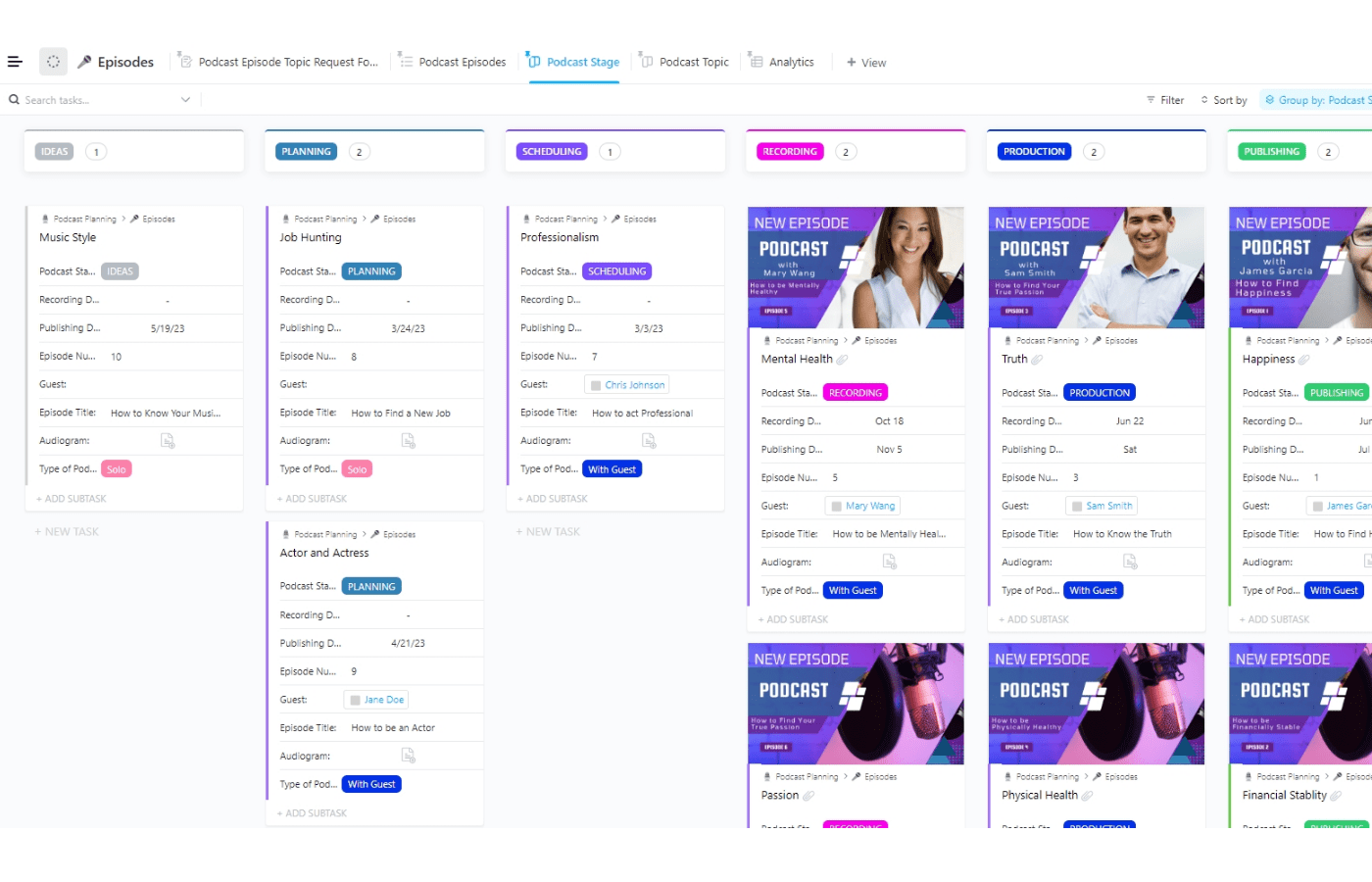Project management software helps project managers and teams complete client requirements and manage time, budget, and scope constraints. The business application of project manager software provides benefits especially if chosen correctly to match an organization’s requirements.
Top Project Management Software
Project management platforms are expanding their functions and crossing boundaries with their combination of features, further complicating the user’s selection process. From project scheduling software to project planning apps, we built a list of the best software for project management for different types of industry and business needs to assist you in this crucial selection process.
FAQ: What Is Project Management Software?
Project management software is used to plan, schedule, track, collaborate and report on projects. More specifically, these essential tools project managers, teams, and other contributors complete tasks; record and track requirements; streamline resources; and manage time, budget, and scope constraints. Whether used as a stand-alone tool or as a suite of solutions, project management software — often shortened to PM software — is a must for any organization looking to maximize time and money while minimizing human error.
Implementing the Right Project Management Software for Your Business
Companies should carefully plan how they roll out new project management software. The responsible project manager will need to first get the support of major stakeholders—from C-level executives to end users on the project team. From there, project managers should create a schedule that allocates time for learning how to use the software before taking on a major project. That way, each and every project will be set up properly.
Finally, be ready with training materials, support documentation, and (ideally) onboarding teams to ensure individuals don’t have to spend too much time learning about these project management programs and can quickly pivot back to their normal workloads.





